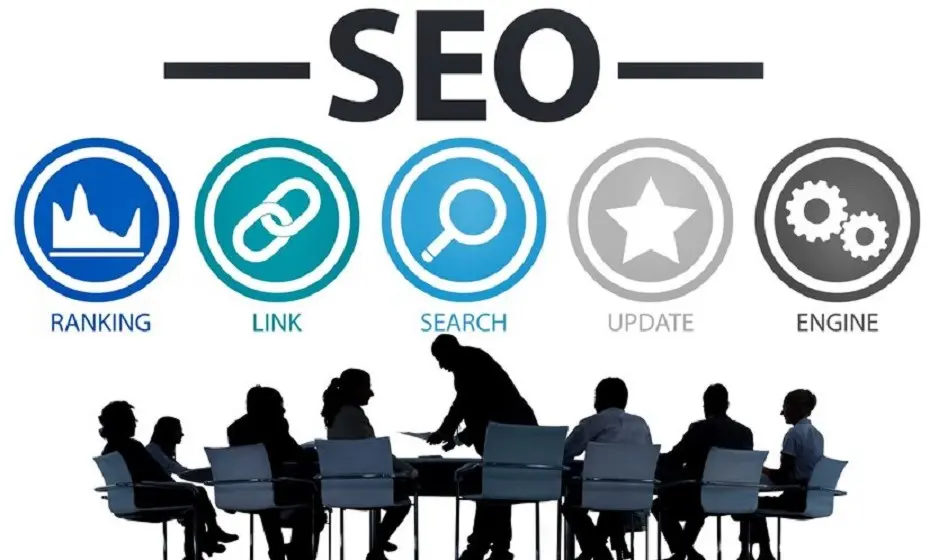Do you want more customers and leads for your business?
Have you ever thought of increasing the leads without increasing your marketing dollars by implementing simple CRO techniques?
As you would probably know getting new traffic requires SEO (Search Engine Optimisation) and to increase leads from your traffic, you need CRO (Conversion rate optimisation).
You definitely need SEO to drive traffic, build your brand and grow your website but would it be worth if you are not receiving enough leads and new enquiries?
There are so many blogs written about conversion rate optimisation and SEO. However, most of these blogs discuss it independently and fails to link them together.
Even many SEO agencies have failed to link these two important lead generation methods effectively.
In this blog post, I have written about how CRO and SEO are a lot alike and if optimised properly, how it could help you generate more leads and customers for your business.
Let’s discuss two basic ways to improve conversion rate on a website.
- By changing the website itself by making changes, split testing, landing pages and improving call to action etc.- CRO
- Bringing quality traffic which is more targeted and likely to buy – SEO
We all know that if the site is optimised properly for search engines, it can do wonders in terms of getting quality traffic.
However, we also know that website traffic is useless unless those visitors become a qualified leads and customers thereafter.
This is where conversion rate optimisation is required.
Without conversion rate optimisation, all SEO in the world will increase your traffic levels but your leads will not improve.
Sometimes, to achieve higher ranking through search engine optimisation, many seo services providercompromise on your conversion rate. (You know what types of site I am taking about-websites with full list of repetitive keyword and lengthy contents without proper planning)
Many online marketers even face dilemma thatif the site is ranking higher on search engines, doing CRO (changing the website layout, doing split testing) could lower their search ending rankings.
In my opinion, this is very low risk and you must take it to improve your website conversion.
How can I say this?
For a quite a while now, many SEO experts have been pitching benefits of focusing on CRO as a metrics to measure the success of an online marketing campaign as opposed to number of visitors, rankings etc.
This is a surprising to some customers. I have seen many customers asking me about: “I want to be number 1 for these many keywords”
Their reasoning is either that they want to be above their competitors for a generic keywords, or they have done some very basic keyword research and picked keywords that attracts higher search volumes on Google.
Unfortunately this is not a best approach for following reasons –
- Generic keywords usually do not convert well
- Generic keywords are usually harder to rank and take more time and resources and hence they cost more.
Let’s find out how SEO and CRO can complement each other’s.
CRO and SEO can play well together
As you would agree from above, the basic principles of CRO and SEO are totally compatible. I have listed some basic principles that apply to both CRO and SEO:
- To achieve better conversion rate from a page, you must focus on your content.
- You must keep your copy well written for your product or service targeting only couple of keywords on that page. This also helps SEO, as page is dedicated to only few keywords, page structure is well planned and content is written considering the single focus and objective for a particular product or service, which help you rank higher.
- To achieve better conversion, you must have a proper eye catchy headline. I believe that clear page heading with purpose improves the SEO and conversion rate.
- To effectively do CRO, you need well-structured content with images and forms. By doing CRO, ultimately your bounce rate will be reduced making your site visitors to spend time on the page, which essentially is helping your seo. Google likes the pages with lower bounce rates.
- A page which is optimised for conversions will be more usable and visitor friendly, which makes it more likely to receive more inbound links and referrals.
- Since CRO is a process of continuous testing a website or a page, search engines will index such pages faster as these pages are changing frequently and new fresh content is added regularly to these pages.
- A Conversion optimised page is more relevant to the user when they land on the page from search engines and hence decrease the bounce rates.
Conclusion:
As mentioned above, CRO and SEO both are kindred spirits and not brutal enemies. When you shift your view to see the two as supporting elements to an overall strategy, it changes everything. You will start to view both with the same excitement and will provide both with joyful approval.









